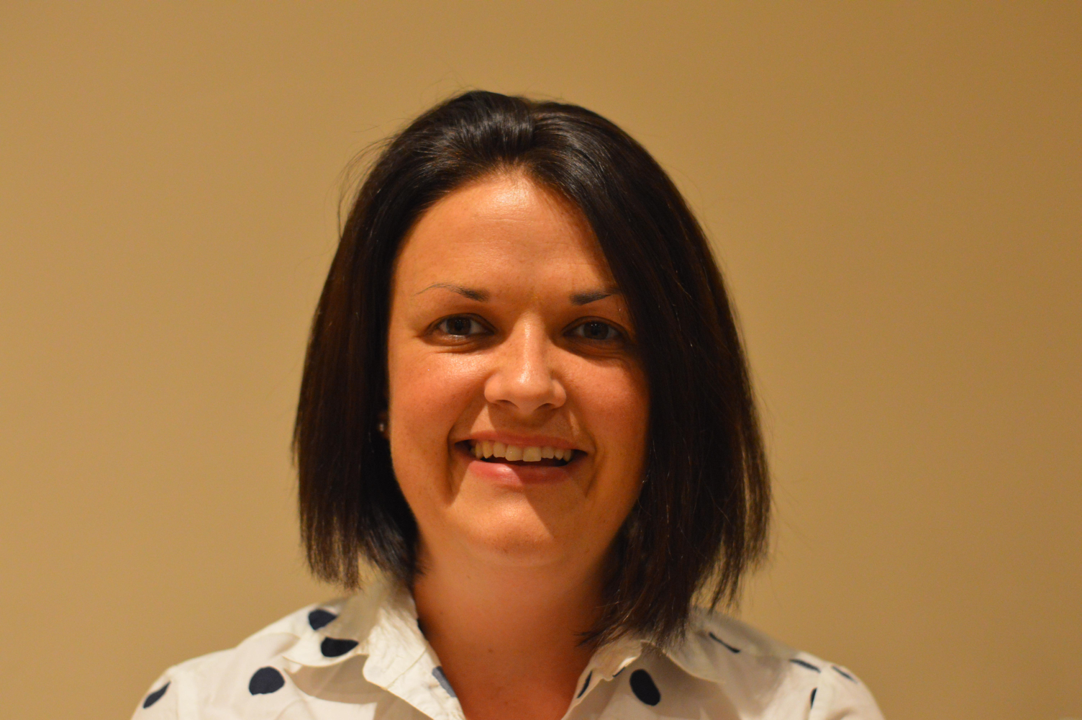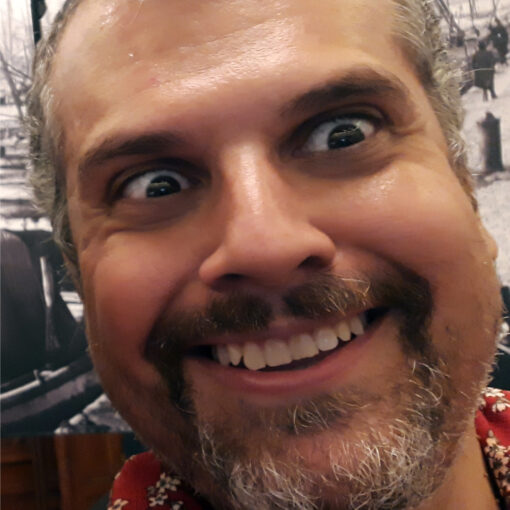DPhil Neuropharmacology, University of Oxford, UK (2006)
| Medical Writer, Regulatory Medical Writing | |
|---|---|
| Insight Medical Writing | |
Year entered into a non-academic position: 2018
Job highlight: Using the skills acquired through years of academic work to help support the pharmaceutical industry in the development and safe delivery of new drugs to patients.
My research training set me up to… pay close attention to detail, grasp new concepts quickly and distil out the key pieces of information.
Left academia after: After 12 years of postdoctoral work.
What’s your background?
I started my scientific career by completing a Masters in Chemistry and during my final year I embarked upon an analytical chemistry project in the Department of Pharmacology (University of Oxford) which led to my DPhil in Neuropharmacology. My research focused on understanding neurotransmission in the basal ganglia and how this becomes disrupted in Parkinson’s disease. I then moved to Chicago for my first post-doc position for the next 2 years and returned back to the UK where I did another post-doc before securing a career development fellowship. After spending a number of years in this role, I finally became a medical writer.
Why did you move away from academia?
After spending a long and enjoyable time in academic research, the combination of endless fixed-term contracts and a lack of certainty about future opportunities made me decide that it was time for a change.
Is there anything you miss about academia?
Although they weren’t particularly frequent, I do miss making new scientific discoveries.
How did you get this job? Did you face any challenges when considering a move away from academia or applying for the role?
I began by researching career options for research staff via the University website and discovered medical communications. This led me to firstmedcommsjob.com where different career fairs were listed, including one in London which I attended. I met a variety of different medical writing companies at this event, including Insight Medical Writing, and from here I applied for a job with them.
What motivated you to/why did you choose the sector you transitioned into?
I initially came across medical communications, but through the career fair and my interaction with Insight Medical Writing, I was introduced to the world of regulatory medical writing. Whilst medical communications is more geared towards the effective marketing of medicines, regulatory writing focuses on documentation required by drug licensing authorities (such as the European Medicines Agency and Food and Drug Administration). As such regulatory writing is well suited to those who are interested in a role supporting the drug pipeline and the safe delivery of medicine to patients, which was more appealing to me.
Did you think you had the skills required for your current position before you started? Were you right?
Whilst I knew that I had gained many translational skills through my academic career, I had largely been involved in preclinical research and therefore my clinical knowledge and experience were limited. However, the skills I had gained absorbing and applying new scientific concepts made the transition fairly smooth.
How did your PhD prepare you for your current job? For example, what were the transferable skills that you developed during your PhD that are most relevant to your current job?
During my PhD and subsequent post-doc positions, I acquired many transferable skills including: preparation of manuscripts and figures, managing projects, managing databases and liaising with multidisciplinary teams. All of these skills have proven to be relevant to and useful in my current job.
Did you have any preconceptions about your sector that proved to be wrong?
No
Can you describe a typical week in your job?
No two weeks are the same in my job, which is something I particularly enjoy about my role. My day to day work involves liaising with multidisciplinary teams, managing projects and ensuring the accurate production of regulatory documentation across multiple therapeutic areas for our clients.
What is the workplace culture like? Please include comments on work-life balance, flexibility, remote working?
At Insight we have a healthy work-life balance; we work hard when at work but are able to switch off out of work. We are able to work flexibly when needed and can work from home when required.
Do people with a PhD frequently get hired in the company/sector?
Yes, all of my medical writing colleagues at Insight have a PhD.
What are your favourite parts of your job?
The most enjoyable parts of my job are the large variety of documents we work on across a wide range of products and therapeutic areas. I frequently work on different types of documents in a day in different therapeutic areas. We also extract data from client databases to prepare safety reports, so my job isn’t purely writing and I get to apply the spreadsheet skills I have acquired over the years, which I enjoy.
What are your reflections on your career path?
On reflection, whilst I thoroughly enjoyed my academic research career, it was definitely time for a change for me. It is very easy to get stuck pursuing the same career and feel afraid to try something different. I have really enjoyed the transition to regulatory medical writing.
Do you have any advice for current graduate students and postdocs considering a career outside of academia?
Don’t be concerned about leaving academia; there are many opportunities outside of academia which offer the same challenges but with greater rewards.
Medical writing offers a variety of career opportunities, there is a wealth of information in the many guides published by Peter Llewellyn which can be found in the links below.
Can you recommend any relevant resources, organisations or events that might help somebody new to the sector find out more about it?
This is a fantastic website with information about careers events, job listings, guides to various types of medical communications: https://firstmedcommsjob.com. There is a great guide to regulatory writing which can be downloaded here: https://firstmedcommsjob.com/resources/medcomms-careers-guides/. The European Medical Writers Association is also a great resource in terms of training opportunities: https://www.emwa.org/
Insight Medical Writing has been a leading provider of medical writing services to the pharmaceutical industry since 2002. We work to provide our global client base with the high quality documents required to support drug development programmes, helping to get new drugs to the market and improve patient care. Our single most important asset is our team, and we currently employ over 45 writers, many of whom have over 10 years of experience in medical writing, supported by a strong management team. With a healthy pipeline of projects and new business wins, we are looking to recruit high-calibre PhD graduates who are looking to kick-start their medical writing career in a supportive and dynamic environment.
For more information please visit our website: http://www.insightmw.com.






